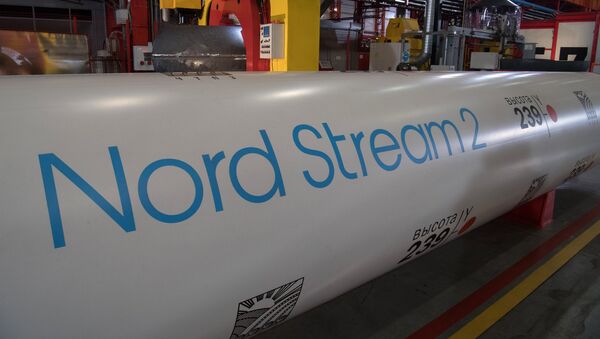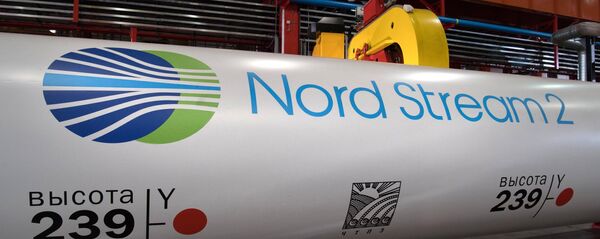Earlier, in a letter to the Danish government obtained by the Danish newspaper Politiken, the European Commission stressed that the pipeline cannot operate in a "legal vacuum" and asked Germany, Denmark and other European nations to state their opinions on Nord Stream 2.
In an interview with Radio Sputnik, Belyaev said that the European Commission has shown a sensible approach to the issue.
"Under the pressure of sanctions and other things that made it difficult to exchange goods and services with Russia, especially in the field of energy, this decision has finally been made, and, in my opinion, it is quite sensible, quite natural," Belyaev told Radio Sputnik.
According to the expert, Europeans are demonstrating "a realistic approach" to resolving economic problems.
"This is not a step toward Russia, but rather an understanding of how to behave in the current economic circumstances. And it is clear that in these circumstances, Europe can't do without Russia — whether it wants it or not. This is about economics, not about emotions, and the realities are fairly tough," the expert noted.
Warsaw seeks to prevent the emergence of a Moscow-Berlin energy axis and in return offers a Polish-American alternative for the construction of the so-called Baltic gas pipeline, the German newspaper noted.
While Berlin supports the project, that will allow Germany to become the most important energy hub in Europe, Poland opposes the pipeline, because it itself claims to be the main platform for energy trade.
"The German-Russian pipeline project Nord Stream 2 is in danger. Especially unwelcome it is for Germany as Poland wants to offer the EU a Polish-American alternative, which would tangibly hurt Russia," the newspaper wrote.
The project includes two pipeline strings, with a total annual capacity of 55 billion cubic meters of gas, from Russia to Germany under the Baltic Sea. The launch of the pipeline is planned for 2018.



